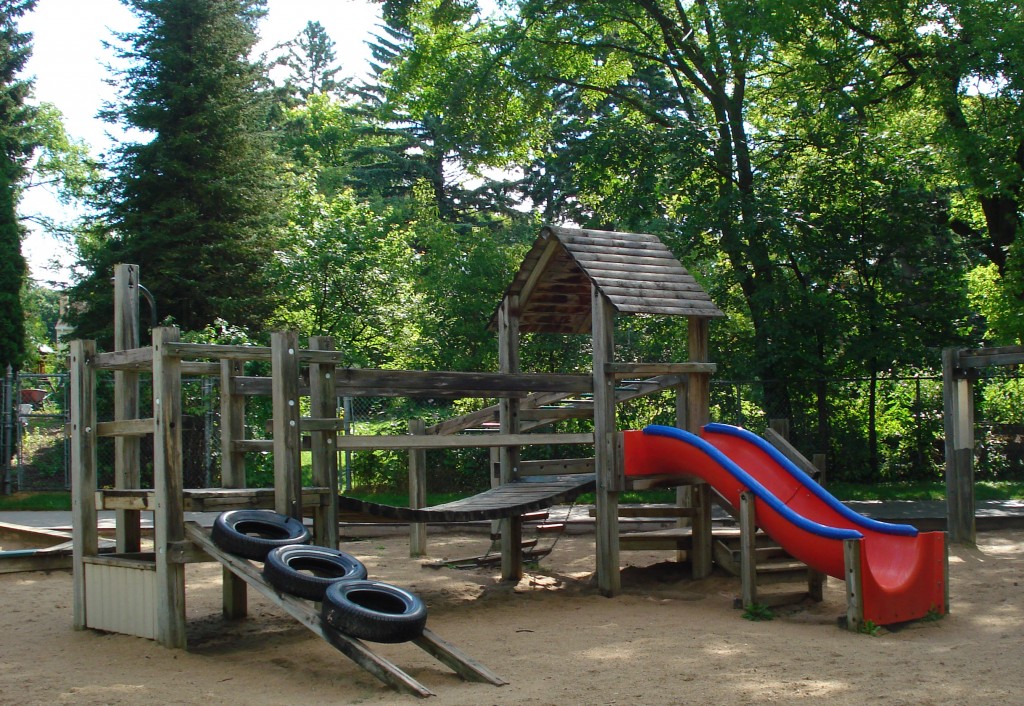Oregon Recreational Marijuana Businesses – Part 1 of 2 – Who Can Own One?

This week, I received calls from two out-of-state clients who each hope to apply for licensure through the Oregon Liquor Control Commission (OLCC) to open an Oregon recreational marijuana business. One of these individuals hopes to apply for a grower license; the other wishes to run a retail shop.
Measure 91 said nothing about age, residency or ownership requirements for either canna-business owners or their investors (investors are different, and I will cover them in a separate post). Enrolled House Bill 3400, however, as signed by Governor Brown on June 30—signing statement, here—requires all growers, processors, wholesalers and retailers to have been Oregon residents for at least two years and to be at least 21 years old. Each applicant also must be the “legitimate owner” of the business seeking licensure.
The two-year residency requirement sunsets in 2020, but the age requirement is evergreen. The term “legitimate owner” was not defined by HB 3400 (or Measure 91), although a definition may come later this year when the OLCC issues its temporary administrative rules implementing the new law. My guess, however, is that the OLCC will choose not to define this term, because that’s what it did when issuing administrative rules for the Oregon Liquor Control Act.
The “legitimate owner” language of Measure 91 and HB 3400 mirror the Liquor Control Act almost verbatim. The latter statute provides that the OLCC may refuse to issue a license where “the applicant is not the legitimate owner of the business proposed to be licensed, or other persons have ownership interests in the business which have not been disclosed” (my emphases).
The Liquor Control Act’s administrative rules are quite detailed on permissible “ownership interest” for an owner in the subject business. So what might constitute an “ownership interest” in a marijuana business? Here’s the language the OLCC used the last time around:
Ownership Interest (OAR 845-005-0311(3))
The Commission may refuse to issue a license if the applicant is not the owner of the business proposed to be licensed or an undisclosed ownership interest exists. For purposes of this rule, an “ownership interest” is indicated by the following behaviors, benefits or obligations:
(a) Any person or legal entity, other than an employee acting under the direction of the owner, that exercises control over, or is entitled to exercise control over, the business;
(b) Any person or legal entity, other than an employee acting under the direction of the owner, that incurs, or is entitled to incur, debt or similar obligations on behalf of the business;
(c) Any person or legal entity, other than an employee acting under the direction of the owner, that enters into, or is entitled to enter into, a contract or similar obligations on behalf of the business; or
(d) Any person or legal entity identified as the lessee of the premises proposed to be licensed.
Assuming the OLCC’s rules for HB 3400 are similar to the above, a business controlled or administered by an out of state individual will not be eligible for licensure. This would include non-Oregon majority shareholders, majority partners and LLC managers, to name a few. Will there be workarounds? Sure. But unless the OLCC issues rules far different than those above, non-residents will need to structure their roles carefully to play in Oregon’s cannabis playground before 2020.
– Vince Sliwoski, for the Canna Law Blog
Attorney with Harris Moure
